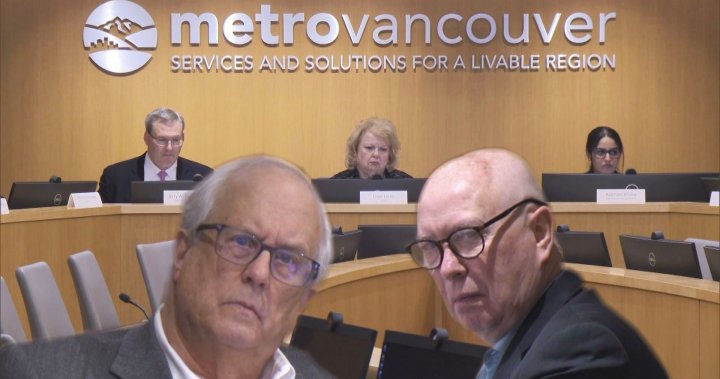In an unprecedented move challenging the opacity of political compensation, White Rock councillor Christopher Trevelyan has launched a bold campaign demanding greater transparency in how British Columbia’s elected officials are paid. This initiative strikes at the heart of public accountability, questioning whether citizens have the right to know exactly how their tax dollars translate into politician paychecks.
“The public deserves to know what their elected officials are making,” Trevelyan told CO24 in an exclusive interview. “This isn’t about reducing compensation—it’s about transparency in a democratic system that belongs to the people.”
The controversy emerged after Trevelyan discovered significant inconsistencies in how municipal politicians’ salaries are calculated and reported across different jurisdictions. In White Rock, a coastal city of approximately 20,000 residents, council remuneration includes a base salary plus additional compensation for attending various committee meetings and external functions—a system he argues creates confusion for voters trying to understand the true cost of governance.
According to data from Statistics Canada, compensation models for local politicians vary dramatically across British Columbia’s 162 municipalities, with some jurisdictions adopting all-inclusive salary models while others implement complex systems of meeting fees, expense allowances, and benefits packages that can effectively double a politician’s reported base salary.
The Union of BC Municipalities (UBCM) has acknowledged the problem, noting that the patchwork approach makes meaningful comparisons between jurisdictions nearly impossible. “When one municipality includes technology allowances in their base salary while another treats it as a separate expense, we’re not comparing apples to apples,” explained municipal governance expert Dr. Hannah Chow from the University of British Columbia.
The financial implications extend beyond simple salary figures. A comprehensive analysis by CO24 revealed that many municipalities provide car allowances, cell phone stipends, technology budgets, and retirement benefits that aren’t consistently included in publicly reported compensation figures. These “hidden” benefits can range from $5,000 to over $30,000 annually per councillor in larger municipalities.
“This isn’t about whether politicians are overpaid or underpaid,” Trevelyan emphasized. “It’s about whether citizens can make informed decisions when electing representatives if they don’t understand the true cost of governance.”
The provincial government has remained largely silent on the issue, despite growing calls for standardized reporting requirements. Minister of Municipal Affairs Anne Kang has indicated the province is “reviewing the concerns” but has stopped short of committing to legislative changes that would mandate uniform compensation reporting.
Political analysts suggest the reluctance may stem from the complex relationship between the province and its municipalities. “Municipal autonomy is a cornerstone of our governance system,” noted political scientist Dr. Marcus Wei. “But when that autonomy creates barriers to transparency, we need to question whether it serves the public interest.”
Some municipalities have already embraced Trevelyan’s call for greater transparency. The City of Kelowna recently implemented a comprehensive compensation disclosure system that details not only base salaries but all additional benefits and allowances in an easily accessible online dashboard. Early public response has been overwhelmingly positive.
“People aren’t angry about the numbers,” said Kelowna mayor Tom Dyas. “They’re just appreciative of finally understanding exactly where their tax dollars are going.”
The movement toward greater transparency comes at a time when trust in government institutions is at historic lows. According to a recent Angus Reid survey, only 37% of British Columbians express confidence in their local government’s financial management—a figure that has declined steadily over the past decade.
As this debate unfolds across municipal councils throughout BC, the fundamental question remains: In a democracy where elected officials work for the people, shouldn’t those same people have complete clarity about how much they’re paying their representatives? Or does the current patchwork system serve some greater purpose in our diverse political landscape?









